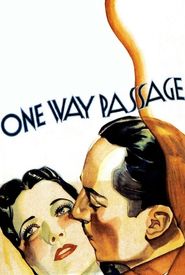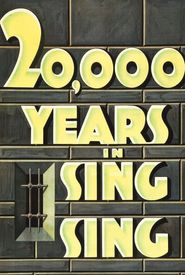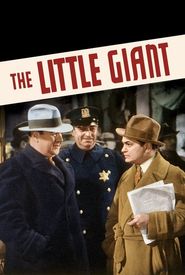Wilson Mizner, a remarkable American figure, excelled in various capacities as a playwright, raconteur, and entrepreneur. Born on May 19, 1876, his creative pursuits encompassed a range of notable plays, including The Deep Purple, which premiered in 1910, and The Greyhound, which made its debut in 1912. Mizner's enterprising nature led him to assume the role of manager and co-owner of the renowned Brown Derby restaurant in Los Angeles, California, a testament to his ability to identify and capitalize on successful business opportunities. Additionally, he partnered with his older brother Addison in a venture to establish a new resort in Boca Raton, Florida, although this endeavor ultimately proved unsuccessful.
The life of Addison Mizner, a complex and multifaceted individual, was characterized by a recurring pattern of lethargy and a debilitating addiction to opium, which began as a result of a series of prescribed painkillers following a brutal and life-altering assault.
In 1919, Mizner's life took a dramatic turn when he was convicted of operating a clandestine gambling den on Long Island, a transgression that ultimately resulted in a suspended sentence.
The traumatic beating he suffered at the hands of unknown assailants was a turning point in Mizner's life, prompting him to seek solace and a fresh start in Palm Beach, Florida, where he joined his brother in announcing the development of the thriving resort town of Boca Raton.
As the secretary and treasurer of the Mizner Development Corporation, established in 1925, Wilson effectively worked under the guidance and direction of his brother Addison, playing a crucial role in the corporation's various endeavors and projects.
Addison Mizner's financial strategies proved to be unsustainable, ultimately resulting in the Corporation's descent into receivership within a remarkably short period of time, followed by a devastating bankruptcy. This significant setback prompted Mizner to return to California, where he was fortunate enough to secure the support of prominent industry figures, including the esteemed Jack L. Warner and the celebrated actress Gloria Swanson, to purchase and manage the iconic Brown Derby establishment. In addition to his entrepreneurial endeavors, Mizner also ventured into the realm of screenwriting, contributing his talents to the early days of talking films. His most notable achievement in this capacity was the creation of the screenplay for the Michael Curtiz-directed film 20,000 Years in Sing Sing.
Mizner's tenure in Hollywood was a nostalgic reflection of his life's journey, akin to taking a leisurely stroll through a murky and odious sewer, yet with the added peculiarity of observing the unsavory surroundings from the comfort of a glass-bottomed boat, providing a unique and somewhat surreal perspective on the underbelly of the film industry.
Despite the tumultuous nature of his Hollywood years, Mizner was fortunate to have had the support of a few close friends, including the illustrious actress Marie Dressler, who was known for her comedic talents and her iconic roles in films such as "Min and Bill" and "Anna Christie". Dressler's friendship with Mizner was likely a source of comfort and solace during his later years, as he navigated the challenges and controversies that often accompanied his name.
Another notable figure who played a significant role in Mizner's life during this period was the renowned screenwriter and playwright Ben Hecht, who was responsible for penning some of the most iconic films of the era, including "Scarface" and "The Front Page". Hecht's association with Mizner was likely a testament to the enduring power of their friendship, which transcended the boundaries of their respective careers and continued to flourish despite the ups and downs of Mizner's personal life.





























